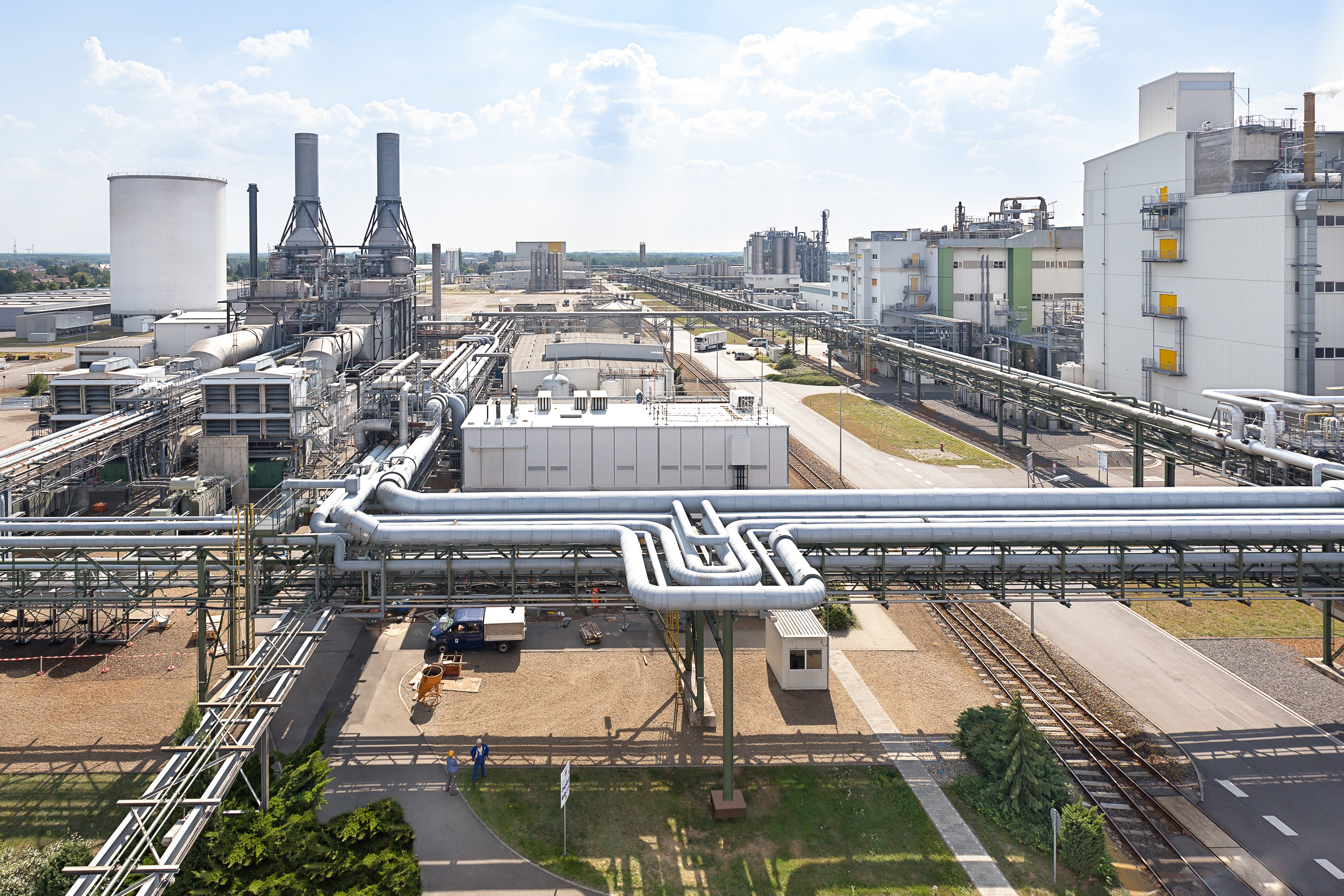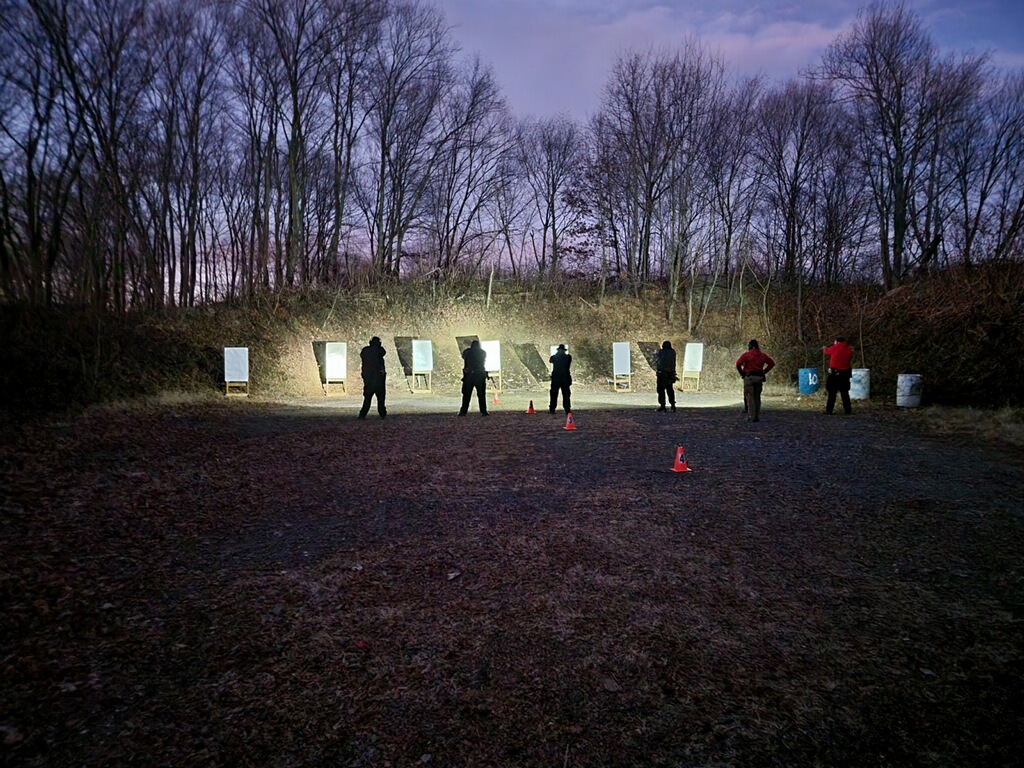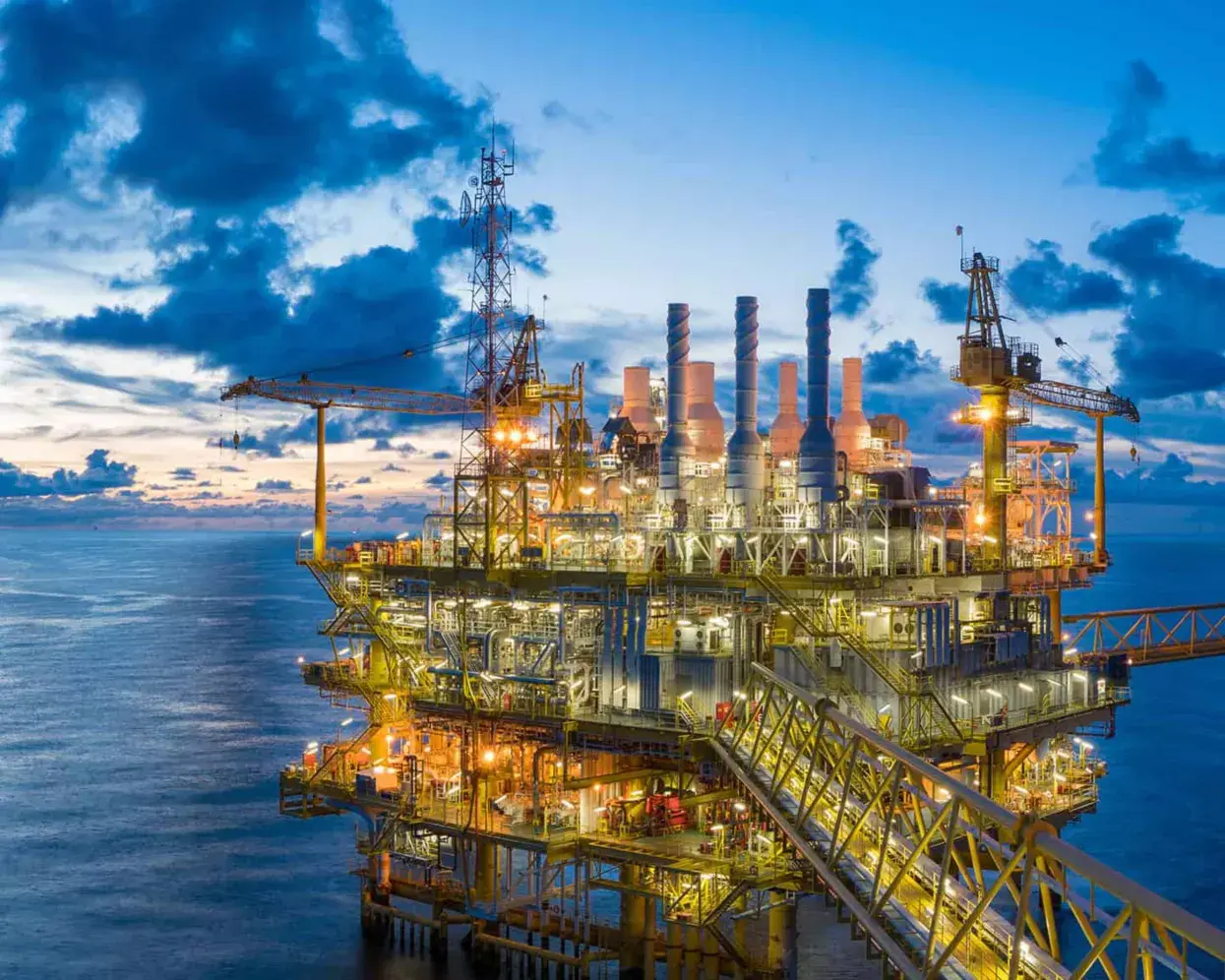Bringing Security to the United States Energy Sector in the Face of Modern Threats
February 15, 2023
The energy sector plays an instrumental role in the health, safety, and well-being of the general public in addition to key government operations. In the modern world, everyone relies on the energy sector to gain access to essential resources, making it one of the most important components of critical infrastructure. Today’s households and businesses simply cannot run without energy, which is why it is an area of such significant risk from both domestic and foreign terrorists. In this article, we will discuss critical infrastructure security for the energy sector.
The Risks Faced By the Energy Sector
Without energy, the world as we know it ceases to exist. When energy is lost, there is no internet, security systems fail, communication lines can be lost, and systems that keep people alive can stop operating. For this reason and many more, being able to protect the systems in place that provide energy to public and private sectors is essential. Unfortunately, their essential nature places them at risk.
Physical Threats
If an individual or a group of terrorists is planning to target the energy sector, it is possible that they will decide to take physical action. The nature of these actions may vary depending on what the individual or group intends to accomplish. Threats of this nature can be external or internal.
Regardless of where these threats come from, they can cause significant damage that can influence neighborhoods, cities, and larger regions too. Utility substations and utility plants are likely targets, and the goal will often be to disrupt the power supply through physical means.
Cybersecurity Threats
The world is changing, and technology is at the center of these changes. As our technology advances, modern technology in the hands of the wrong people continues to advance as well. This is why the FBI has a base of 56 standard cyber squads in its offices.
While technology allows us to accomplish more and can lift an area up, it also places us at risk. Throughout 2022, 45 cybersecurity attacks targeted both oil and energy, a sharp increase from previous years, and the number is expected to continue to rise.
Even though technology can be made to be secure, that doesn’t mean that security is guaranteed. Although technology allows us to do more with less, it can also be compromised by those who understand it. As the public understanding of technology increases, more cybersecurity risks are evolving to penetrate the technology in place that is managing key systems—like the power grid or those involved with it.
How to Enhance the Security of the National Energy Sector
The average person sees the energy sector as an essential partner in life, but to domestic and foreign terrorists, it is a target. In order to protect the energy sector, certain steps must be taken to offer adequate protection from different types of threats.
The strategy behind these steps may vary depending on the design of the building and existing security measures already in place. More than 80% of the country’s energy infrastructure is owned by the private sector, and these companies need all the protection they can get.
Make Crime Difficult
The single most effective way to deter criminal activity surrounding the energy sector is simply to do everything possible to make crime difficult. Since criminals are often opportunists who seek to exploit gaps in the system, it is important to take as many steps as possible to make crime and acts of terrorism inconvenient and seemingly impossible.
Security Fences and Guard Stations
The first line of defense should always be an obvious barrier. For as long as security has been in play, people have used security fences to deter unwanted visitors. A well-designed physical barrier can surround and protect a large area.
As a first step to security, it is important to block off all essential areas using security fences to deter potential trespassers or threats. Physical security for energy companies is an essential addition to any security plan.
Since all security fences will have areas for entry, it is also important to ensure that all entrances to the property are maintained by guards. Guards can be used to make sure that only approved personnel gain direct access to the area. With this simple setup, there is a clear deterrent against those with ill intent.
Security Patrols
Manned guard stations can provide a great initial point of interaction and will act as a deterrent. However, visible guard stations may convince potential threats to simply look for another point of entry. Regular patrols can make this an impossible choice. Security for utility plants should always be balanced between physical and human-powered strategies.
Effective security patrols should cover the property completely and be entirely unpredictable. A clearly set guard rotation is something that criminals can prepare for and navigate more easily. On the other hand, if potential criminals can never guess where a rolling patrol will be, they will find it more difficult to make a plan to slip through the barriers.
Cybersecurity Protection
Security for energy companies should not only focus on in-person threats. Threats and attacks in the modern world are not always physical in nature. Terrorists find new ways to use technology to commit crimes every day.
Already, 77% of energy sector assets are considered to be vulnerable to cyber threats. Cybersecurity is quickly becoming one of the most relevant industries in the modern world, and it is protecting critical infrastructure systems every day.
Every site in the energy sector is at risk of cybersecurity attacks, and that is why it is so important to have active cybersecurity protections in place. Modern security can go a long way in ensuring that these critical infrastructure systems stay operational.
Video Coverage
Having video coverage in place makes it possible for companies to see who is doing what in a given area. Security cameras can offer two essential benefits—live protection and evidence.
When cameras are live, a security team can more easily look out for potential intruders. If someone manages to commit a crime, security cameras can collect evidence that will support the investigation and may lead to finding those responsible. This classic form of technology can still act as a significant security force today.
Additional Security Measures
We have many physical ways to protect essential areas. From traditional locks to entryways that require badges—and more. Locks, security checks, restricted areas, and systems that log who is traveling where in the building can help to paint a clear image of what individuals are visiting key areas of these critical infrastructure systems. The more high-quality systems these sectors have in place, the more difficult they are to penetrate.
The Takeaway
Those who wish to do a significant amount of harm will always choose to target critical infrastructure. How we respond to these threats can save lives and keep our nation operational on a daily basis. The nature of threats may change, but the fact remains that anyone targeting the energy sector wishes to do as much harm as possible.
Security and dedicated defense strategies are the most effective ways to combat terrorist threats against these systems. The more defense we can offer, the better. With custom security plans, the energy sector will be able to stand against terrorists and bad actors with negative intentions.
To learn more about custom security and how to protect precious resources, contact Valentis today.





